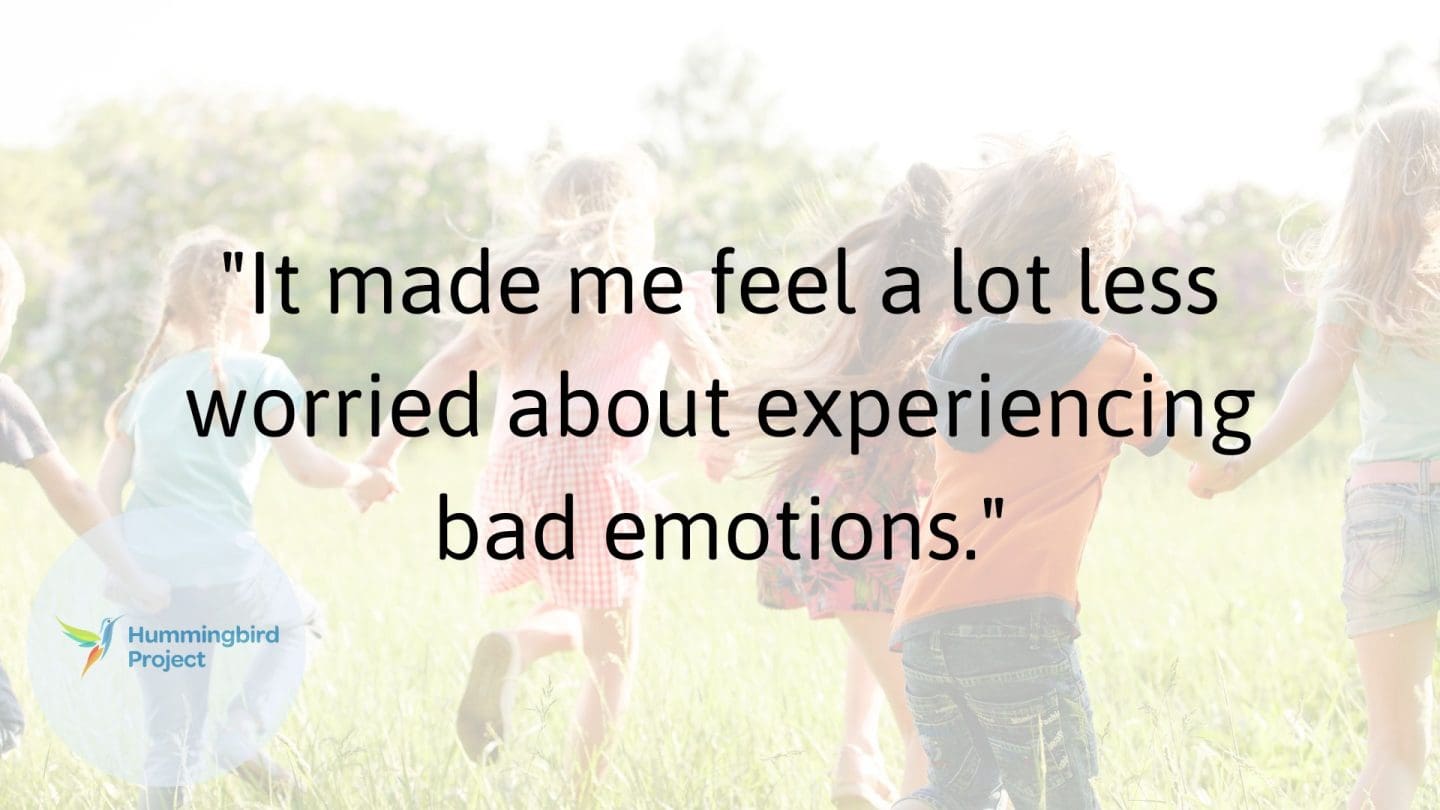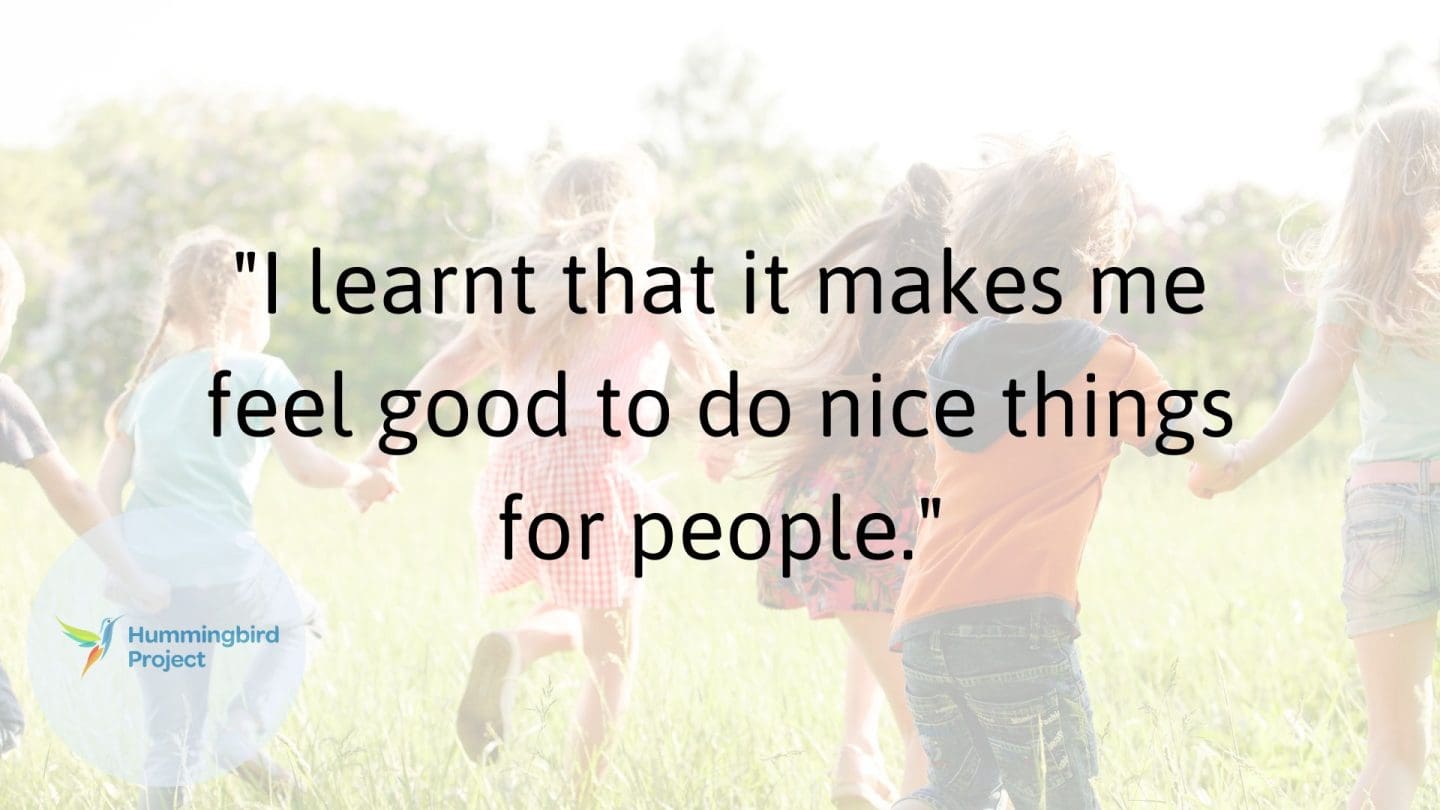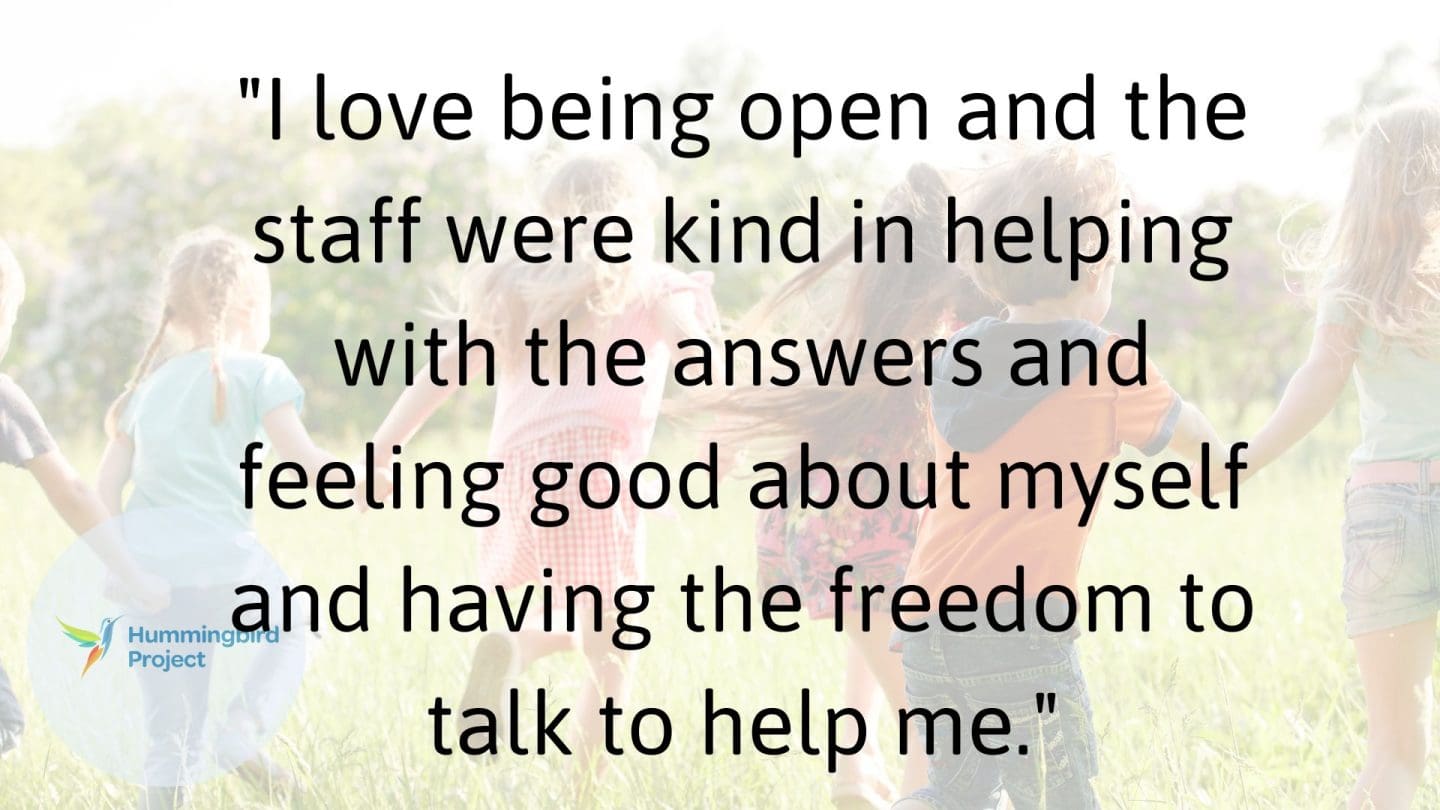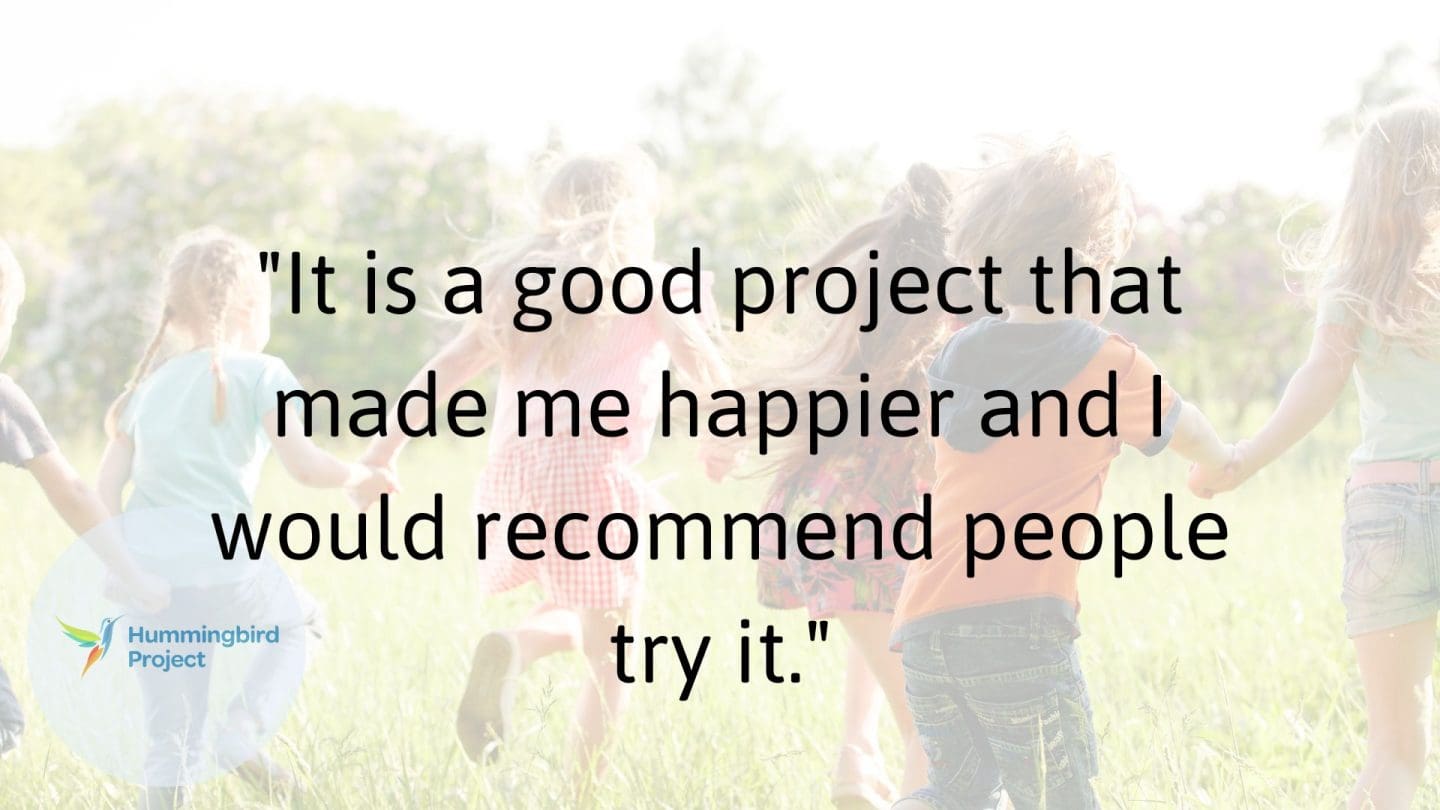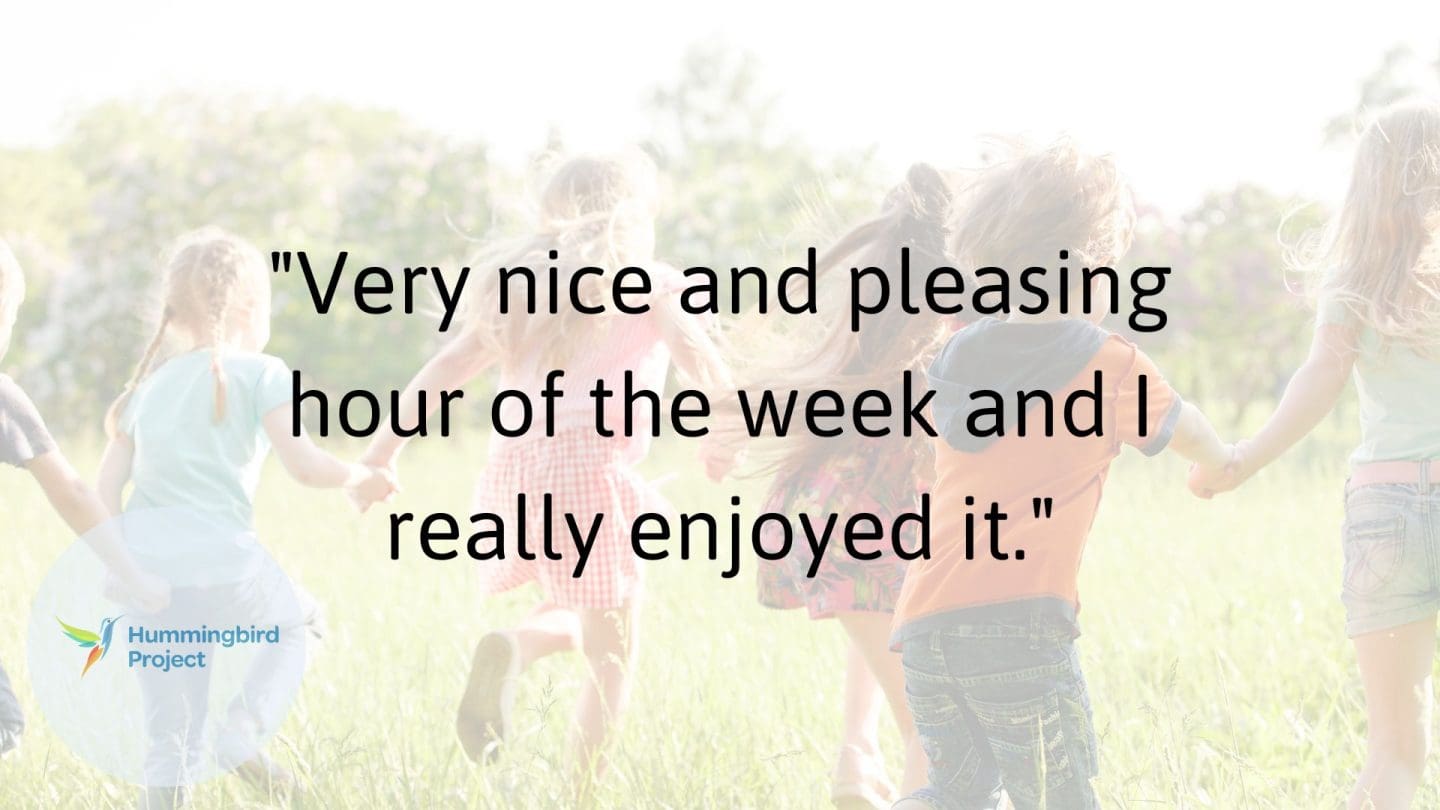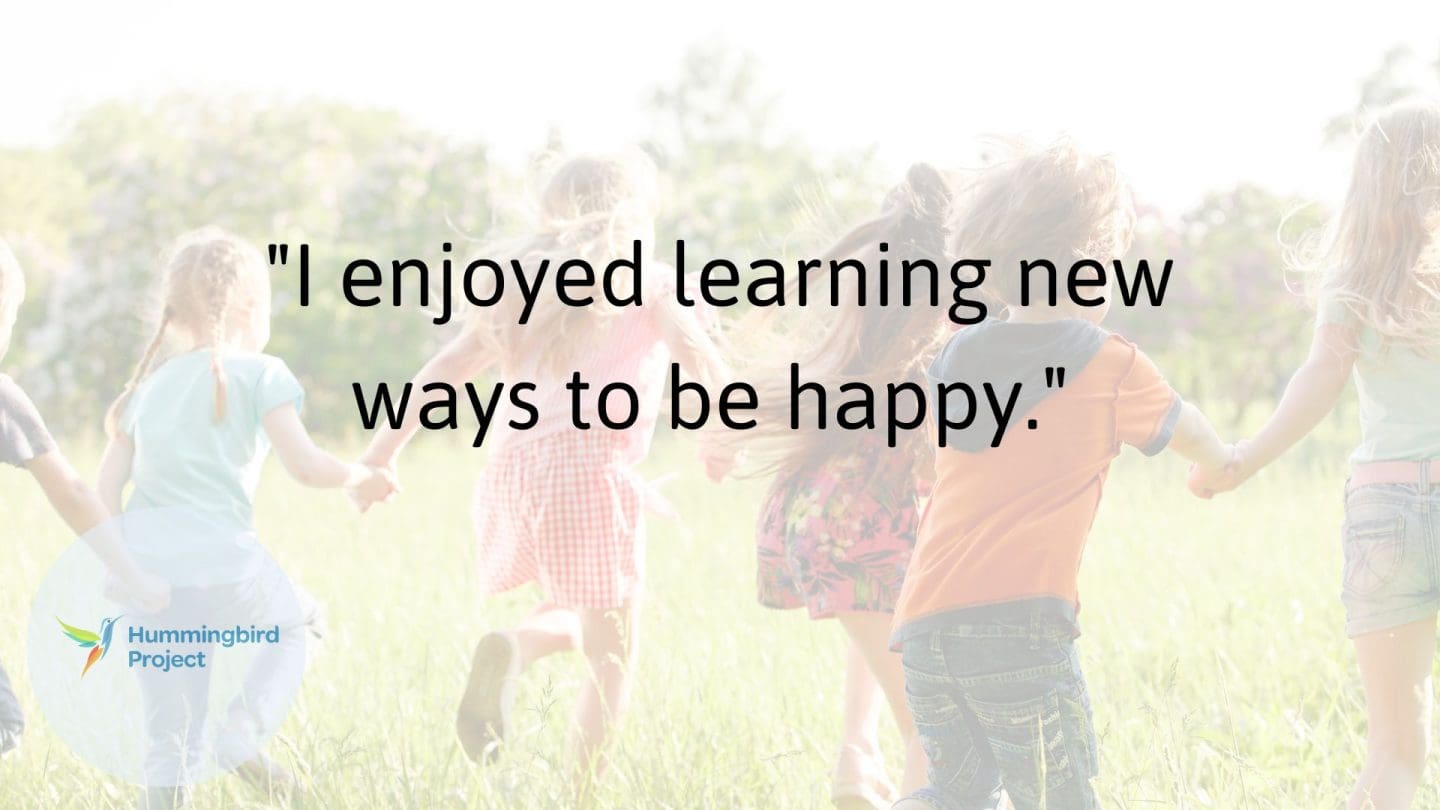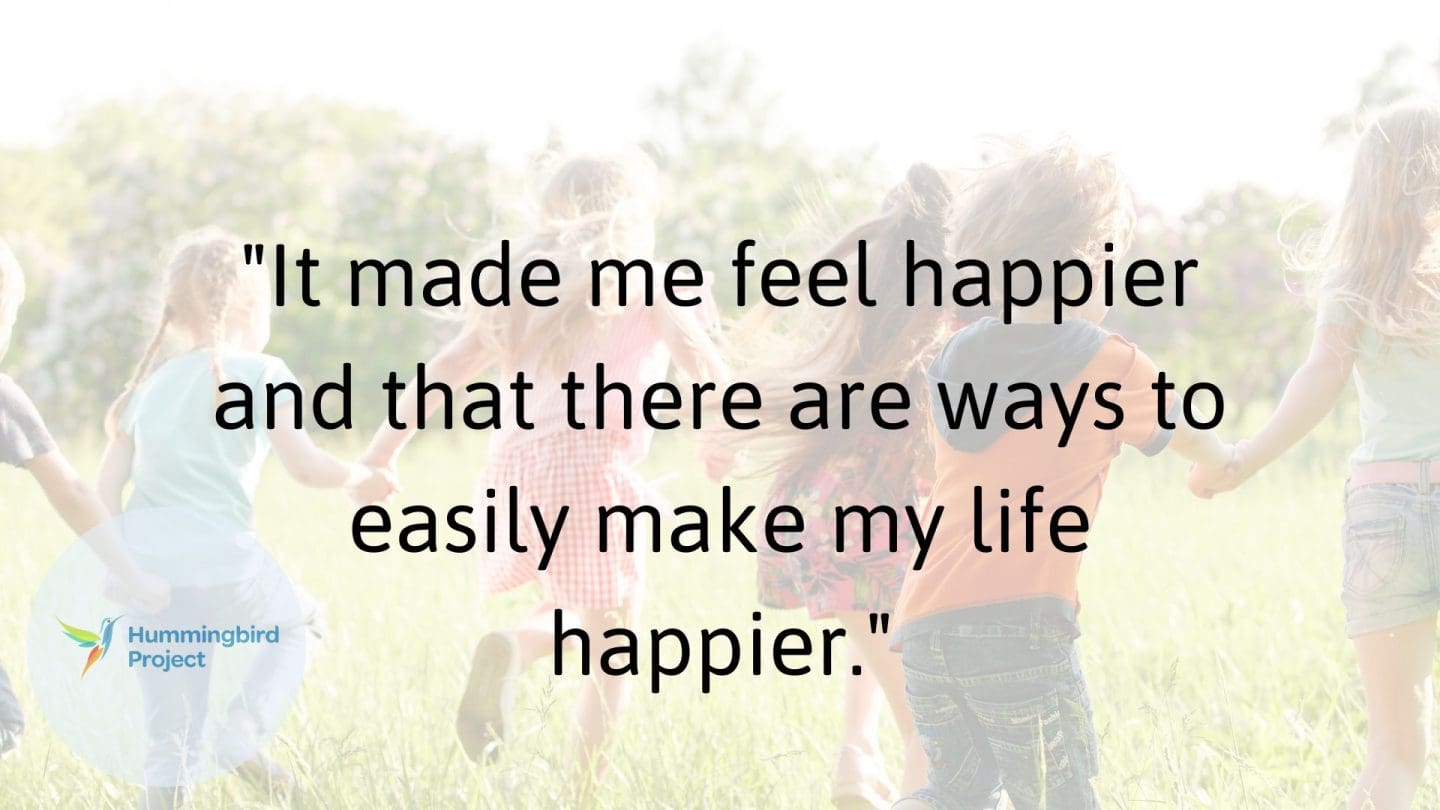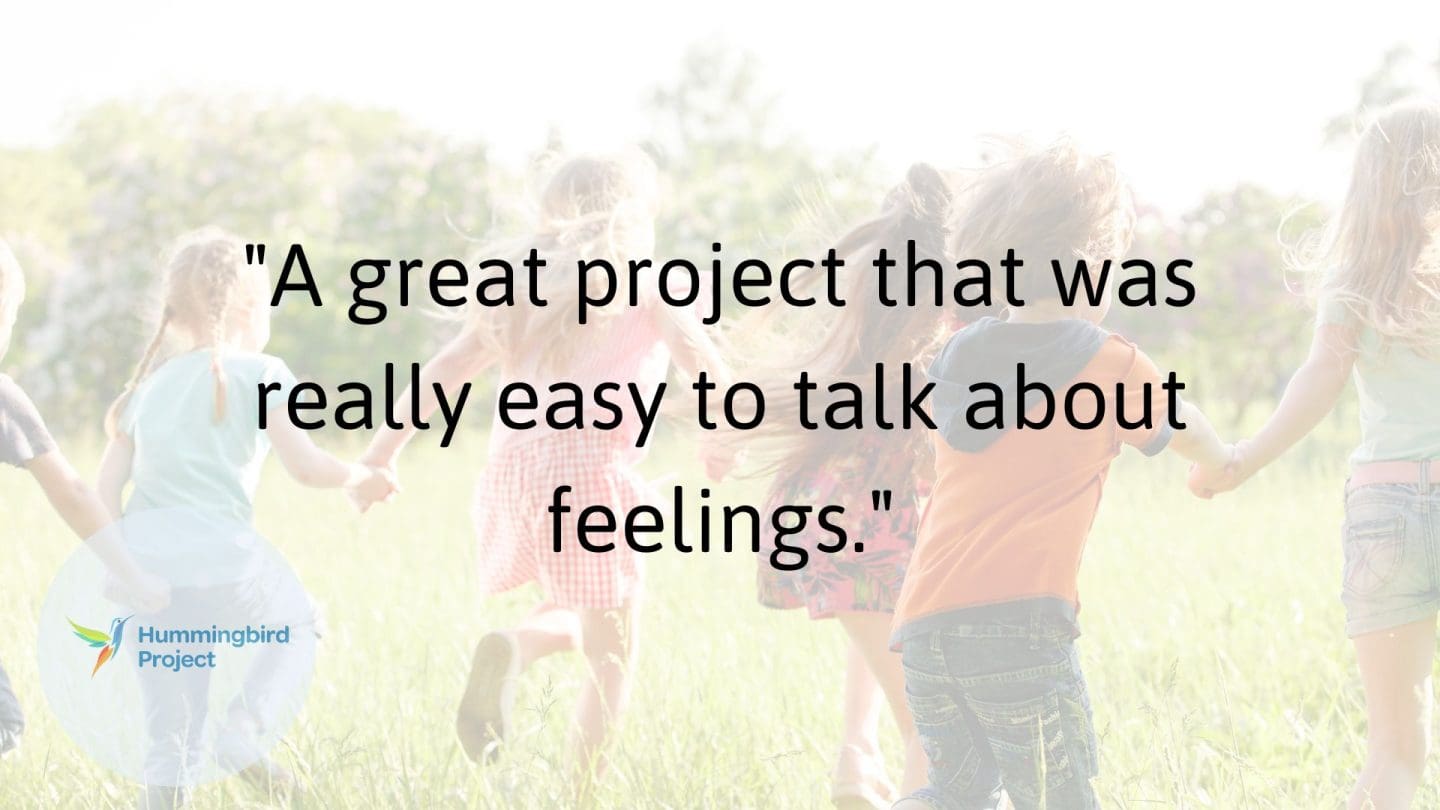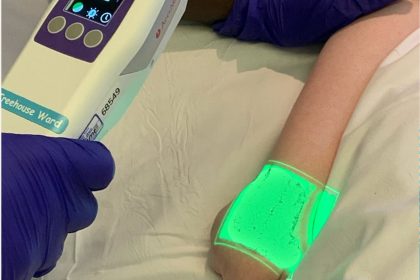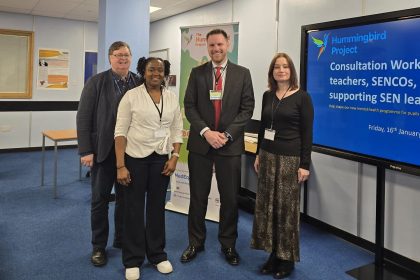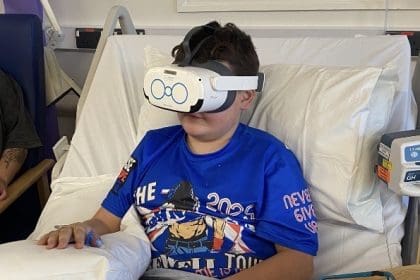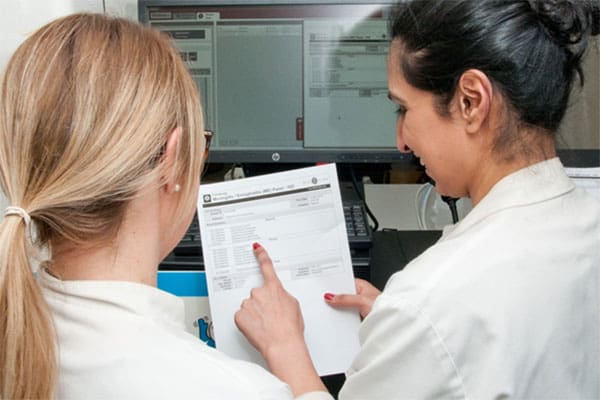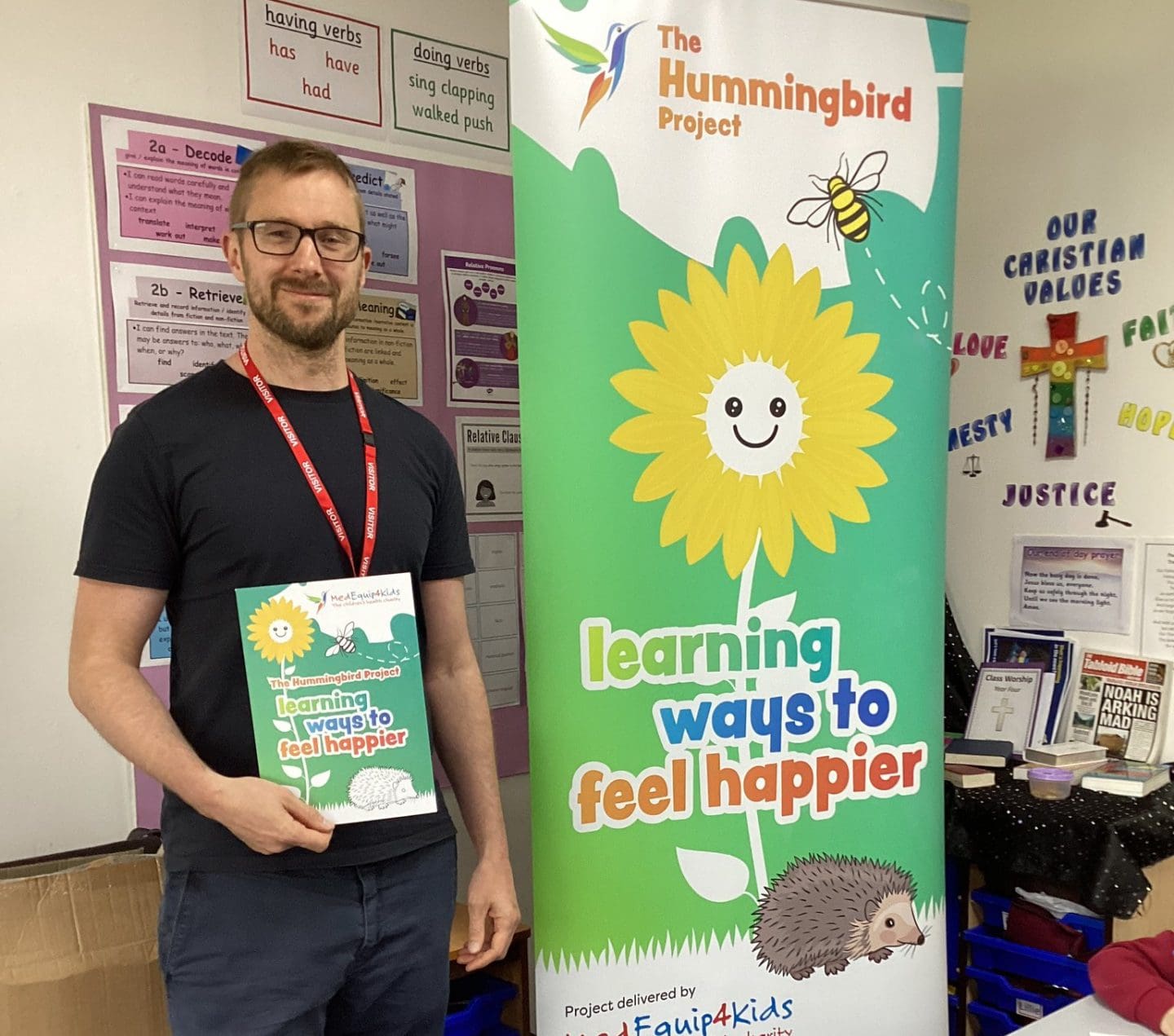
As the school year draws to a close, we are delighted to report that our Hummingbird Project is making a positive difference to young people’s wellbeing in the North West. Our project lead Ian Platt and his team of volunteers have delivered the sessions to a total of 1,027 students in 2021-2022. Of those, 423 were in five schools in Cheshire West and Chester, and 604 were in six schools in Greater Manchester.
The Hummingbird Project was designed and developed by MedEquip4Kids in partnership with the University of Bolton and the University of Chester. The bespoke, evidence-based programme uses principles of Positive Psychology to encourage pupils to value their personal strengths and empowers them to thrive. The average student involved in the project saw improvements in their wellbeing, hope, and symptoms of mental distress, as measured by the scales on our questionnaires.
Scroll through the panel above to see samples of the feedback we received from the young people involved in the project this year.
The six one-hour sessions include topics such as Mindfulness, Gratitude and Kindness, Character Strengths, Hope and Growth. The sessions are adapted for primary and secondary age groups. Ian, a postgraduate psychologist, is now busy planning for the September term, taking on board young people’s feedback and incorporating new research findings to make the course even better in 2022-23.
You can download the course outlines and further information about the project here.

